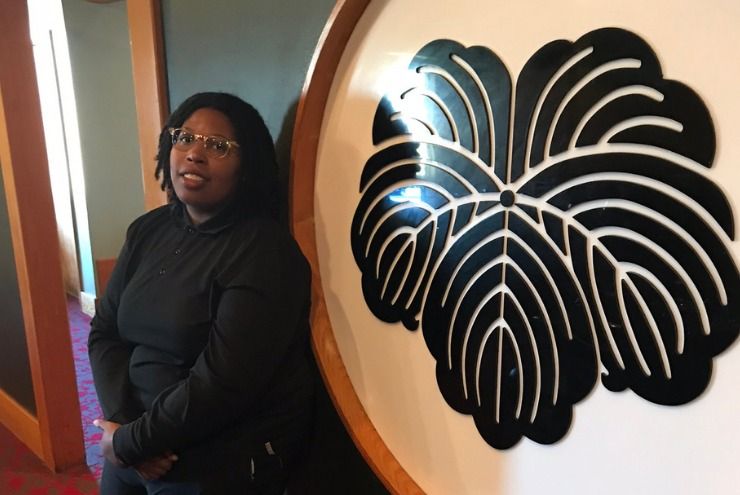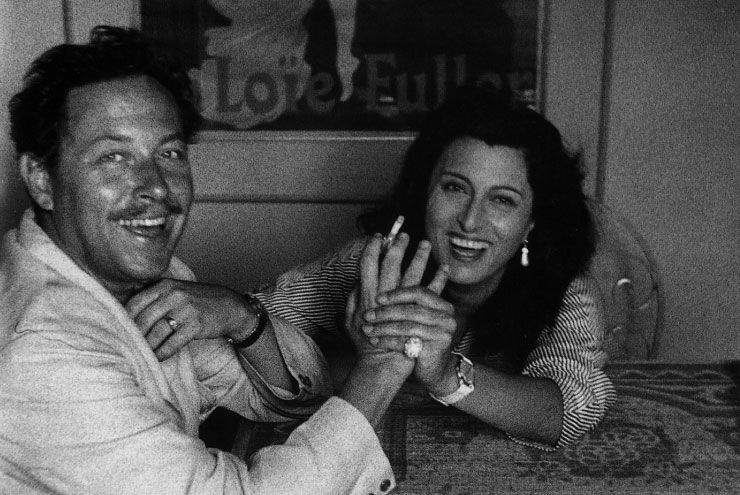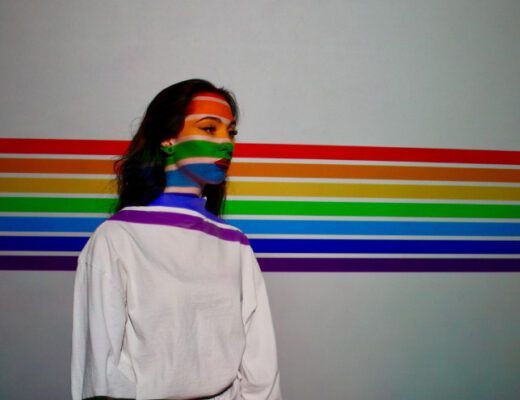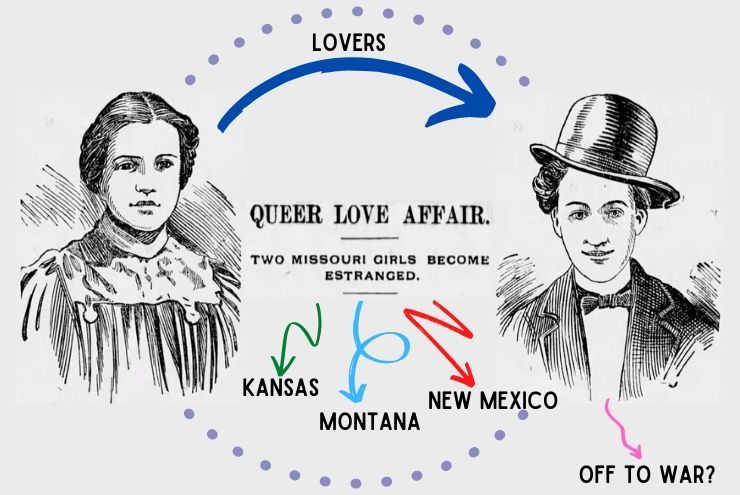By Jasmine Phillips
About a month ago, my godmother asked me a question: Jasmine, who are you? The first thought that came to my mind was, “Would you like to know who I truly am, or just who you want me to be?” The truth is that I am a Black, queer Millennial. And as someone who has grown up in the Millennial generation, I have worked hard to develop my own interpretations of who and what I am and to not define myself by the image others see.
This is my story—the story of someone who realizes who she is and how she became who she is today.
First, let’s rewind time. I was born in Raleigh, North Carolina, in the heart of the Bible Belt. My existence there was simple: church every Sunday, children’s choir, and usher board. The clothes I wore, how I acted, and what I was taught were all dictated by the region’s societal norms. I was told to go to school, get married (to a man, of course), have kids, and grow old. Needless to say, I was a black sheep, always hiding who I was.
My Southern Baptist upbringing left much to be discovered. I knew there was growth I needed to do beyond that world. But the question remained: who do I want to be?
Years later, I’m now a graduate student at Widener University, studying to be a sex educator. My goal is to not only teach others about sex (in a comprehensive and inclusive way), but to educate on the full spectrum of sexual identities. I want to be a resource to my community and, specifically, to other Black queer folks.
My passion for teaching others about identity started with research on my own. While I knew that I was different from my friends and family, I didn’t know exactly how. Once I realized I was queer, the overwhelming fear of being shamed by my family set in. I started by telling my friends, then eventually began to speak openly about it on social media. Lastly, I told my family. The conversation with my mother went better than I thought, but it left me questioning whether her love was conditional—did she still love me because I was her child, or for the strong, beautiful, happy, whole person I am?
I began my graduate studies in Atlanta, Georgia, a place that fueled my growth and taught me some hard and fast lessons. But it wasn’t until I started in the sex education graduate program at Widener that I truly blossomed. Everyone in the program—professors and students alike—were so comfortable in their multiple lived identities (some I had never heard about before my program!). It was a breath of fresh air to see others so confident in embracing their truths.
Now, a couple years later, I am embracing more of my own identities. I’m more aware of my privileges and oppressions, which make me the person I am today. My identities give me the confidence to share my vision and my knowledge with the world. My story is still being written, and I’m excited to bring you along.







